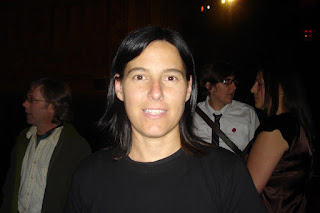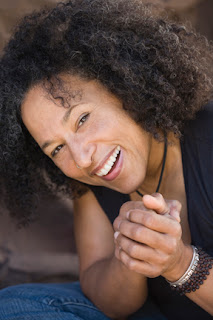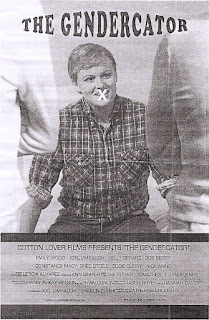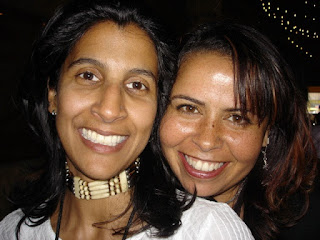Search This Blog
Official website of Annakarinaland , broadcast on KXSF.fm San Francisco Community Radio Focus on Women and Film. Published reviews and scholarly writing of film critic Moira Jean Sullivan
Posts
Showing posts from June, 2007
Jamie Babbit Closes Frameline; Andrea Sperling Receives Frameline 2007 Award
- Get link
- X
- Other Apps
Frameline31 San Francisco Pulls Lesbian Film from Lineup
- Get link
- X
- Other Apps
Third Queer Women of Color Film Festival, San Francisco, 2003
- Get link
- X
- Other Apps
National Queer Arts Festival, San Francisco Kicks Off
- Get link
- X
- Other Apps






